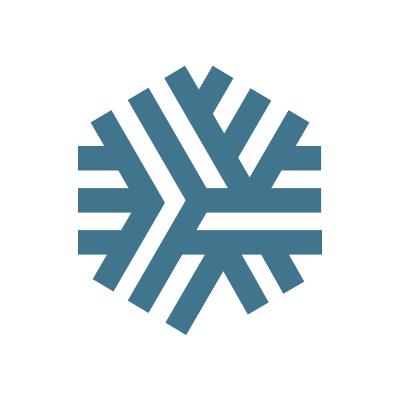Invest in venture-backed companies
Invest in real estate loans
Investments
$10
Groundfloor enables individuals to begin investing in real estate with a minimal initial requirement of only $10.
High Risk
4/5
Investing in Sweater's Cashmere Fund, like any venture capital investment, carries inherent risks. These risks include market volatility, economic conditions, and challenges specific to the companies in which the fund invests.
Moderate Risk
3/5
Investing on Groundfloor involves credit risk from borrower default, market risk due to real estate market fluctuations, liquidity risk as investments are tied up until loan maturity without a secondary market for early exit, regulatory risk from changes in laws affecting real estate and crowdfunding, and platform risk related to operational disruptions or cybersecurity threats.
Minimum Liquidity
1/5
Sweater provides biannual redemption windows for investors to access their investment before the end of the investment term. However, there may be restrictions and limitations on the redemption process.
Minimum Liquidity
1/5
On Groundfloor, liquidity is tied to the term of the real estate loans, which range from 6 to 18 months. Investors' funds are committed until the loan matures and the borrower repays.
Receive new reviews from Fintorial
Moderate Return
10.72 %
Groundfloor's loans are graded from A to G, with interest rates ranging from 5.5% to 25.5% annually, based on risk. A diversified portfolio across all repaid loans to date would have earned a 10.72% annualized net return.
Long-term Investment
1-5 years
Sweater's Cashmere Fund is designed for long-term investments, but they provide biannual redemption windows for investors to redeem a portion or all of their investment.
Short-term Investment
6+ months
Groundfloor investments have loan terms ranging from 6 to 18 months.
Who can invest
United States
Any U.S. resident over the age of 18 with a Social Security Number (SSN) is eligible to invest in Sweater's Cashmere Fund.
Who can invest
International
Groundfloor is accessible to investors both in the US and internationally. However, for non-US investors, a minimum transfer-in amount of $5,000 is required.
Moderate Volatility
3/5
The assets on Sweater's platform, including the investments made by the Cashmere Fund, can be subject to volatility.
Moderate Volatility
3/5
The assets on Groundfloor, which are short-term real estate loans, generally exhibit lower volatility compared to stocks, as their value is more closely tied to specific real estate projects and less to daily market swings.
Regulation and audits
SEC Regulated
Sweater operates under SEC regulations, allowing them to accept investments from non-accredited investors.
Regulation and audits
SEC Regulated
Groundfloor offers securities under Regulation A of the Securities Act of 1933, allowing it to sell securities to residents in states where it's qualified or announced its intent under Regulation A's Tier 1 or Tier 2.
Insurance
No
Specific details about Sweater's insurance policies are not available on their website.
Insurance
No
Investments on Groundfloor are not insured by any government agency such as the FDIC or SIPC, nor are they guaranteed by Groundfloor. This means investors fully assume the risk of borrower default or project failure, without any insurance safety net.
Payouts
No Recurring Payouts
According to Sweater's website, the Cashmere Fund does not pay dividends to investors.
Payouts
Interest
Groundfloor pays interest on funded loans. Interest accrues from the investment date until the loan is repaid. Loans may have monthly or deferred payment terms, with monthly interest payments processed once a month and lump sum repayments for deferred loans.
Withdrawals
Investors in Sweater's Cashmere Fund can redeem their investment during biannual redemption windows. However, there may be restrictions or limitations on the redemption process.
Withdrawals
Investors on Groundfloor get their money back, including principal and accrued interest, once the borrower repays the loan, typically within 6 to 18 months. Repayments are processed within 7 days, with funds made available in the investor's dashboard for withdrawal or reinvestment.
Extra Fees
No
Sweater's Cashmere Fund charges a fee of up to 2% for redeeming investments during the semi-annual redemption windows.
Extra Fees
No
Investors on Groundfloor pay no fees. Instead, borrowers are charged an underwriting fee by Groundfloor, ranging from 2% to 4.5% of the loan's principal amount.
Taxes
Annual Statement
Venture funds, like Sweater's Cashmere Fund, generally provide tax reporting support to investors.
Taxes
Tax Form
Groundfloor provides tax support by issuing a 1099-INT form for interest income over $10, a 1099-B for principal losses, and a 1099-MISC for promotional credits over $600.

